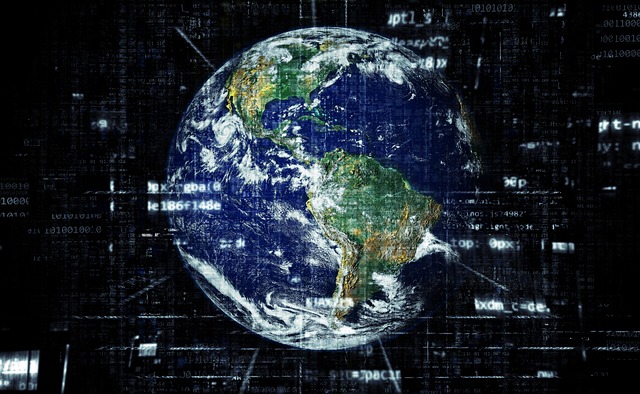As we witness the escalating intensity of extreme weather events, it’s imperative to understand the intricate relationship between globalization, the environment, and climate change. The world feels smaller than ever. Goods, ideas, and cultures traverse borders at lightning speed, weaving a tapestry of interconnectedness. However, this very connectivity, while fostering greater collaboration and innovation, also carries significant environmental costs that are often overlooked.
Globalization promotes industrial growth and urbanization, leading to higher emissions of greenhouse gases. The expansion of manufacturing facilities across the globe often prioritizes profit over sustainable practices. In developing nations, factories can be built with minimal regulations, which can lead to significant pollution and ecological damage. As products are transported thousands of miles to reach consumers, the carbon footprint increases exponentially, contributing directly to climate change. The environment we share is threatened, with rising sea levels, erratic weather patterns, and increased frequency of natural disasters like hurricanes and floods—but how often do we connect these devastating phenomena to our global marketplace?
Moreover, as communities become more interconnected, the repercussions of climate change are felt universally. Extreme weather patterns do not recognize geographical boundaries; the fires in Australia can affect air quality as far away as South America. Consequently, globalization has made it imperative for nations to work collaboratively in addressing environmental issues. This requires a collective understanding that we are all shareholders in the health of our planet.
Taking a step toward sustainable globalization involves promoting environmentally-friendly practices in trade and production. Corporations can support green technologies and sustainable sourcing, creating a market that incentivizes ecological responsibility. Additionally, integrating climate policies that enhance resilience to extreme weather events can pave the way for a future that embraces innovation without compromising the planet.
As individuals, we can also influence this global narrative. Educating ourselves and advocating for sustainable practices within our communities can amplify the call for change. On a personal level, reducing consumption, prioritizing local products, and supporting brands that demonstrate a commitment to sustainability can help shift the balance back in favor of our environment. The choices we make in our daily lives resonate within the larger framework of globalization and can compel industries to prioritize the planet.
Extreme weather events serve as a stark reminder of the urgency to address climate change. The intertwined destinies of the environment and globalization challenge us to rethink our relationship with consumerism, industry, and the natural world. By recognizing the impact of our choices and advocating for a responsible and sustainable approach to globalization, we can help forge a future where economic growth and environmental stewardship coexist harmoniously.




